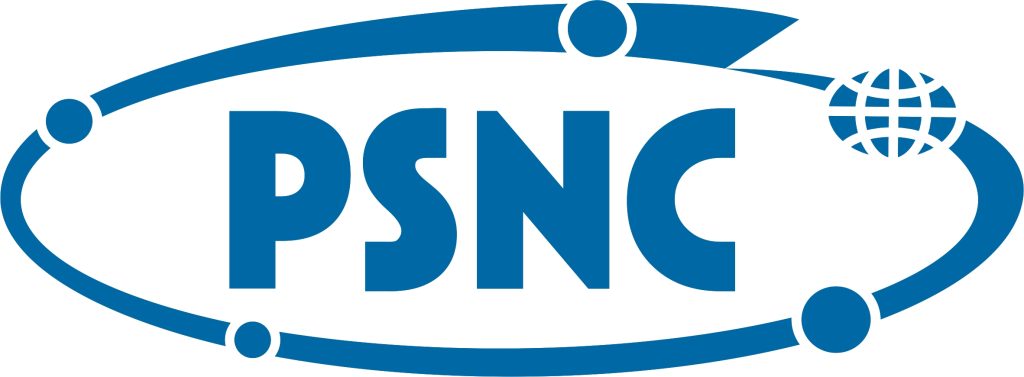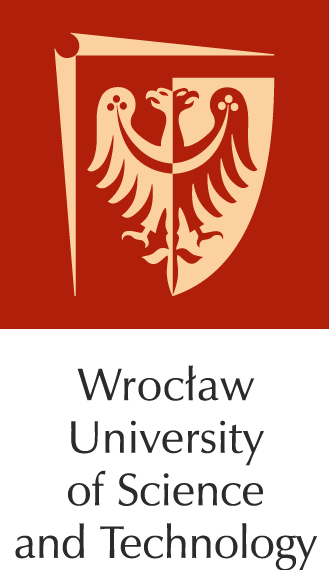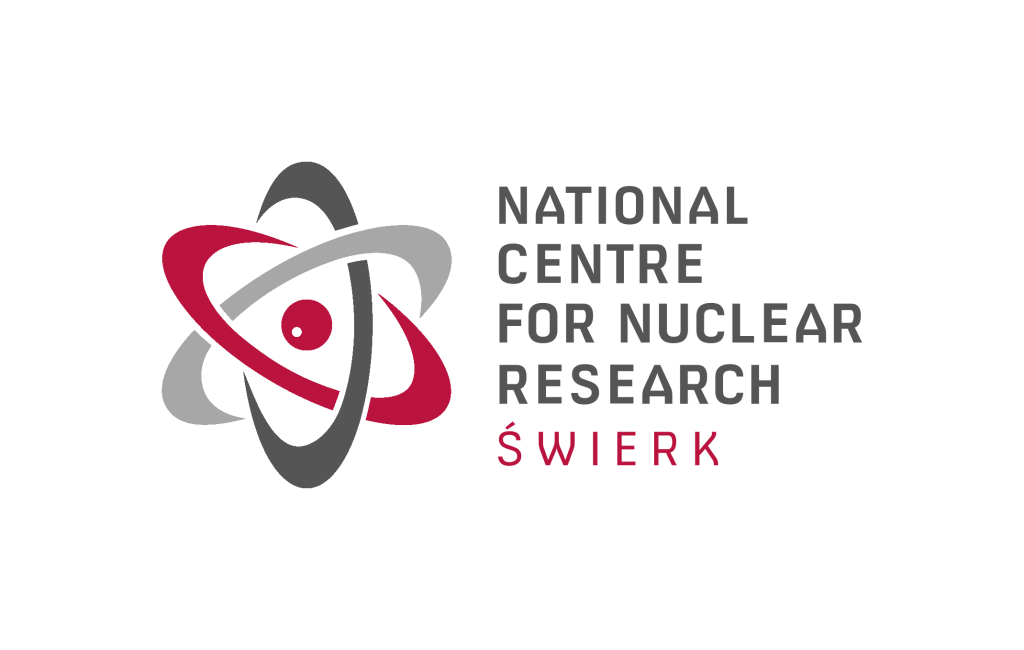PH.D. FRANCISZEK RAKOWSKI
INTERDISCIPLINARY CENTRE FOR MATHEMATICAL MODELLING AND COMPUTER SCIENCE, UNIVERSITY OF WARSAW
PH.D. FRANCISZEK RAKOWSKI
INTERDISCIPLINARY CENTRE FOR MATHEMATICAL MODELLING
AND COMPUTER SCIENCE, UNIVERSITY OF WARSAW
COVID-19 epidemiological model
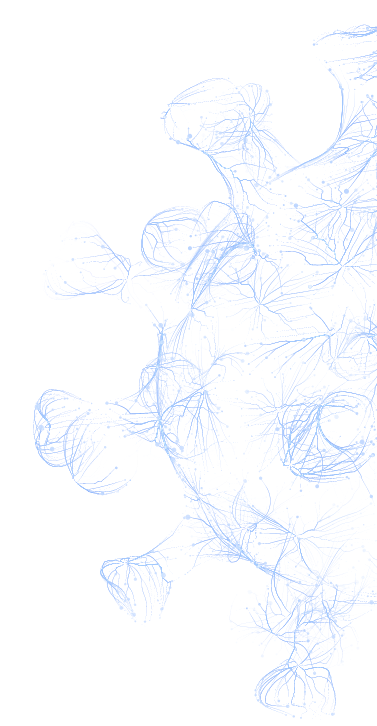
PROJECT OBJECTIVE

Problem
The COVID-19 epidemic has fundamentally affected the internal security of the State. Between March 2020 and August 2021, approximately 150 000 excess deaths were recorded in Poland. Often, the only way to reduce the mortality caused by COVID-19 disease was to introduce far-reaching administrative restrictions aimed at limiting physical contact between people. These restrictions disrupt society and introduce additional social problems and costs. The optimal application of restrictions is therefore necessary to, on the one hand, save the health system from collapse and reduce mortality and, on the other hand, allow society to function as close to normal as possible.
The ICM Epidemiological Model describes the development of the COVID-19 epidemic in Poland. It enables the prediction of potential pathways for further development of the epidemic, as well as the exploration of different scenarios and the effects introduced by dynamically applied administrative restrictions.
Project objective
Provision of epidemiological forecasts and analysis of the epidemic situation in the country. The results of the research were presented to state institutions responsible for health care, epidemic surveillance and administrative decisions affecting social life in the country. The forecasts and analyses are formulated on the basis of simulations carried out using software developed at the ICM UW in previous years and intensively developed to meet the requirements of the changing epidemic-administrative situation.

TASKS FOR THE SUPERCOMPUTER
All calculations have been carried out using the computing infrastructure present in the ICM UW computing centre – High Potential Computers (HPC) systems: Okeanos, Poplar and Lynx.
- Number of calculation tasks during the campaign: 33,800 (of which 27,900 completed).
- Total number of aggregate results: ~1000.
- Total number of variant forecasts, analyses, simulations and calibrations: ~250.
- Number of calculation nodes: 1 to 10 (1-8 for simulation, 10 for complex calibration steps).
- Average simulation time: 2 hours.
- Resource consumption for an average computing task: CPU – 48, mem – 124 800 M, node – 1.
- Average CPU consumption of 55 per computing task.
- Containerisation technology: simulations run as Singularity containers.
- Specialist software: proprietary ICM UW software.
With the help of the supercomputer, a number of simulations were carried out to analyse the potential pathways of the epidemic. The calibration of the model on the basis of data on the course of the epidemic to date is also an extremely important factor. In addition, attention must be paid to the changing dynamics of the process determined by the emergence of new variables, such as virus variants, different types of vaccines or the loss of immunity associated with the passage of time.
BENEFITS OF COOPERATION WITH ICM UW
Computing power to analyse different epidemic scenarios.
Reduction in calculation time.
Disk space for data storage.
Prompt technical support from supercomputer administrators.
Flexibility for administrators to obtain temporary bookings for additional resources.
Continuous improvement of the quality of work in the computing environment.
27 900
COMPUTING TASKS COMPLETED DURING THE CAMPAIGN
from 1 to 10
COMPUTING NODES
2 hours
AVERAGE DURATION OF SYMULATION
more than 50
OPTIONAL ANALYSES
EFFECTS
The projections prepared include a prediction of new confirmed cases of Sars-Cov-2 virus infection and critical information for the organisation of healthcare work: the number of beds and ventilator stations needed in hospitals for patients with COVID-19 disease.
Throughout the outbreak in Poland, a team established at ICM UW, using computational resources, carried out a large number (more than 50) of variant analyses, the results of which were presented to the public and sent to cooperating institutions.
By popularising activities undertaken in the media, the project has contributed to raising awareness of the epidemic among both the public and decision-makers.
27 900
COMPUTING TASKS COMPLETED DURING THE CAMPAIGN
from 1 to 10
COMPUTING NODES
2 hours
AVERAGE DURATION OF SYMULATION
more than 50
OPTIONAL ANALYSES
EFFECTS
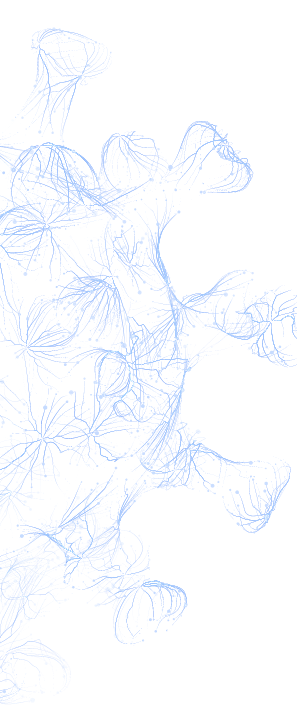
The projections prepared include a prediction of new confirmed cases of Sars-Cov-2 virus infection and critical information for the organisation of healthcare work: the number of beds and ventilator stations needed in hospitals for patients with COVID-19 disease.

Throughout the outbreak in Poland, a team established at ICM UW, using computational resources, carried out a large number (more than 50) of variant analyses, the results of which were presented to the public and sent to cooperating institutions.
By popularising activities undertaken in the media, the project has contributed to raising awareness of the epidemic among both the public and decision-makers.



